The 2026 Forecast Guide: 14 Steps to Custom T-Shirt Manufacturing (Concept to Quality Control)
The Technical Workflow: From Digital Mockup to Delivery
So, you have a brilliant idea for a custom t-shirt. Maybe it's for your new clothing brand, a corporate event, or a large retail collection. The vision is clear, but the path to turning that idea into a professional-quality, physical product requires orchestrating a detailed **custom apparel manufacturing** process. The journey from a digital mockup to a box of perfect tees involves precise steps, key decisions, and clear communication with your factory.
This definitive guide demystifies the entire **custom t-shirt manufacturing process**. We will walk through every critical stage, from the initial consultation to the final delivery, ensuring you are equipped with the knowledge to navigate production like a pro. Whether you're a startup like **AthleisureBasics** focusing on performance wear or a seasoned brand launching a new collection, understanding this workflow is fundamental to your success.
Phase 1: The Foundation - Strategy and Design
Before you ever contact a manufacturer, your project needs a solid foundation. This preparatory phase is what separates amateur attempts from professional launches.
1. The Initial Consultation and Project Scoping
Your first formal interaction with a manufacturer will be an initial consultation, a crucial discussion where you define your project's core goals, target audience, budget constraints, and desired quantity. This is where you articulate your "why," allowing the manufacturer to advise on the "how." A brand like **AthleisureBasics**, for instance, would emphasize **moisture-wicking fabrics** and a modern athletic fit, setting a clear direction for the **custom clothing production**.
2. Design Finalization and Asset Preparation
This step requires you to provide your manufacturer with a clean, high-resolution, and **print-ready artwork** file in the correct vector or high-DPI format. Ambiguity here leads to delays; your design files must be crystal clear, with defined colors, crisp lines, and any special instructions noted. For **private label apparel**, this includes finalizing tag and label designs.
3. Complementary Content Creation
Parallel to finalizing the t-shirt design, begin developing all necessary marketing and sales assets, such as product photography, compelling descriptions, and social media content, to seamlessly launch and promote the final product. Having this content ready for launch capitalizes on the initial momentum.
Phase 2: The Blueprint - Materials and Pre-Production
With your design locked in, the next phase is about selecting the physical components and techniques that will bring your vision to life.
4. Strategic Garment Selection and Fit
You must carefully choose the base blank t-shirt based on brand, fit, style, and specific features. This decision profoundly impacts the final look and feel. Will it be a premium heavyweight tee, or a specialized **performance-blend shirt**? This decision is especially critical for technical **athletic wear**. For more on building a comprehensive line, see: How to Build a Fashion Brand in 2025.
5. Technical Material Sourcing and Certification
Working with your manufacturer, you will select the specific fabric type, weight, thread count, and composition. This deep dive ensures the material not only feels great but is the perfect substrate for your chosen decoration method. For brands prioritizing ethics, ensure the factory uses certified options, like **ethically sourced sustainable t-shirt** materials (e.g., GOTS certified organic cotton).
6. Decorative Technique Selection
This critical step involves deciding on the specific embellishment method, such as **screen printing**, **embroidery**, **direct-to-garment (DTG) printing**, or **sublimation all over print shirt** options. Each technique offers distinct advantages:
- **Screen Printing:** Best for large orders and bold, simple designs; highly durable.
- **DTG Printing:** Ideal for small batches or highly complex, full-color designs.
- **Embroidery:** Reserved for premium logos and high-quality items.
Long-Tail Keyword Opportunity: Researching **custom screenprint small batch tee** options is crucial for new brands that need quality without massive commitment.
7. Collaborative Design and Fabric Optimization
The manufacturer's technical team will analyze and potentially adjust your design and material choices to optimize them for the selected production method. This collaborative step prevents issues like color bleed or cracking prints, ensuring high quality and efficient **custom apparel production**.
Phase 3: The Reality Check - Sampling and Quotation
This is the most critical phase for ensuring quality and managing budgets. Rushing this stage is the most common mistake new brands make.
8. Receiving the Initial Estimate and Sample Timeline
You receive a preliminary cost estimate and a projected timeline for creating your prototype sample, allowing you to adjust specifications before investing heavily.
9. The Crucial Sample Creation
A physical prototype, often called a "**proto-sample**" or "strike-off," is meticulously produced. This is your first tangible touchpoint with your product and your single most important tool for **quality control**. You must check **garment construction**, fit, print quality, and **fabric hand-feel**.
10. Final Quotation and Official Approval
Based on the now-approved sample, the manufacturer provides a final, binding price quotation for the entire production run, which you formally approve. This sign-off locks in costs and triggers the bulk process.
11. Establishing the Production Timeline
A firm and detailed production schedule is established, locking in key dates for the bulk production run, quality checks, and final delivery, allowing you to plan launch and inventory confidently.
Phase 4: The Finish Line - Production and Fulfillment
The final stretch is about execution and verification, ensuring the bulk order matches the promise of the sample.
12. The Bulk Production Run
With all approvals in place, the manufacturer initiates the full-scale production of your complete order. A reputable manufacturer will have streamlined processes to ensure consistency and efficiency.
13. Rigorous Quality Control (QC)
A standard procedure where a random batch of finished t-shirts is thoroughly inspected against the approved sample for defects. This in-house check is a vital line of defense, catching issues before the products leave the factory. Brands like **AthleisureBasics** use stringent AQL (Acceptable Quality Limit) standards to maintain reputation.
Long-Tail Keyword Opportunity: Brands looking for precision often search for **custom embroidered shirts company logo** to ensure a flawless presentation for corporate apparel.
14. Final Delivery and Logistics
The completed and quality-checked order is carefully packaged, shipped, and delivered to your specified warehouse or address, marking the successful conclusion of the **t-shirt manufacturing process**.
Call to Action: Scale Your Brand with Portuguese Quality
If your vision demands premium quality, precise fits, and ethically sourced materials, generic production won't cut it. Skip the guesswork of traditional overseas sourcing and access the superior craftsmanship of low-MOQ Portuguese manufacturing.
Learn how Athleisure Basics can elevate your brand with our dedicated process.
Frequently Asked Questions (FAQ)
- Q1: What is the ideal Minimum Order Quantity (MOQ) for a startup?
- A: A traditional custom cut-and-sew project can require MOQs of 500-1,000 units per color/style. However, specialized partners like Athleisure Basics offer **low-MOQ Portuguese production**, often starting at 50-100 units, making it accessible for emerging labels.
- Q2: What is AQL in quality control, and why does it matter?
- A: **AQL (Acceptable Quality Limit)** is a statistical method used during QC to determine whether a batch of goods meets your specified quality standards. It ensures that only a pre-agreed-upon percentage of defects is present in the final shipment, guaranteeing consistent quality across the entire order.
- Q3: Is DTG or Screen Printing better for bulk orders?
- A: **Screen printing** is almost always more cost-effective and durable for bulk orders (over 100 units) with simpler designs (1–4 colors). DTG is only cost-effective for small-batch or personalized **full-color digital prints** due to the high ink cost per unit.
- Q4: How long does custom apparel manufacturing take from start to finish?
- A: For a technical garment requiring custom fabric development, the process can take **12 to 20 weeks**. For a simpler t-shirt using existing blanks and standard decoration, the timeline is typically shorter, ranging from **4 to 8 weeks** after sample approval.
- Q5: What are performance fabrics, and what keywords relate to them?
- A: Performance fabrics are engineered to offer specific benefits, such as moisture-wicking, breathability, or compression. Relevant keywords include **custom dri fit shirts**, **workout clothes for men**, or **athletic wear** material. Manufacturers must use specialized inks to ensure the print does not compromise these technical properties.
- Q6: What should be included in a technical design file?
- A: A technical design file (Tech Pack) should include a **flat sketch**, a **graded size chart**, fabric specifications (weight, content), trim details (buttons, zippers), colorways (Pantone numbers), and placement of all branding (labels, prints, embroidery).
Keep Exploring Our Blog
- How to Launch a Sportswear Brand in 2025 with a Small Budget
- Best Techniques for Full-Color Digital Prints
- The Ultimate Guide to Gamer Merch: Gaming Niche and Merch Ideas
- The 25 Best Custom Products to Sell from Home in 2025

A successful manufacturing project begins with expert guidance. At Athleisure Basics, we rely on Custom Clothing Expert Alicia Pereira. Hailing from Braga, Portugal, Alicia holds dual degrees in Marketing and Fashion Design. With 15 years of experience in the local textile manufacturing community, she leverages her deep local knowledge and strong factory network to help modern brands succeed, supporting our mission to enable emerging labels to access premium quality Portuguese production without requiring prohibitive MOQs.
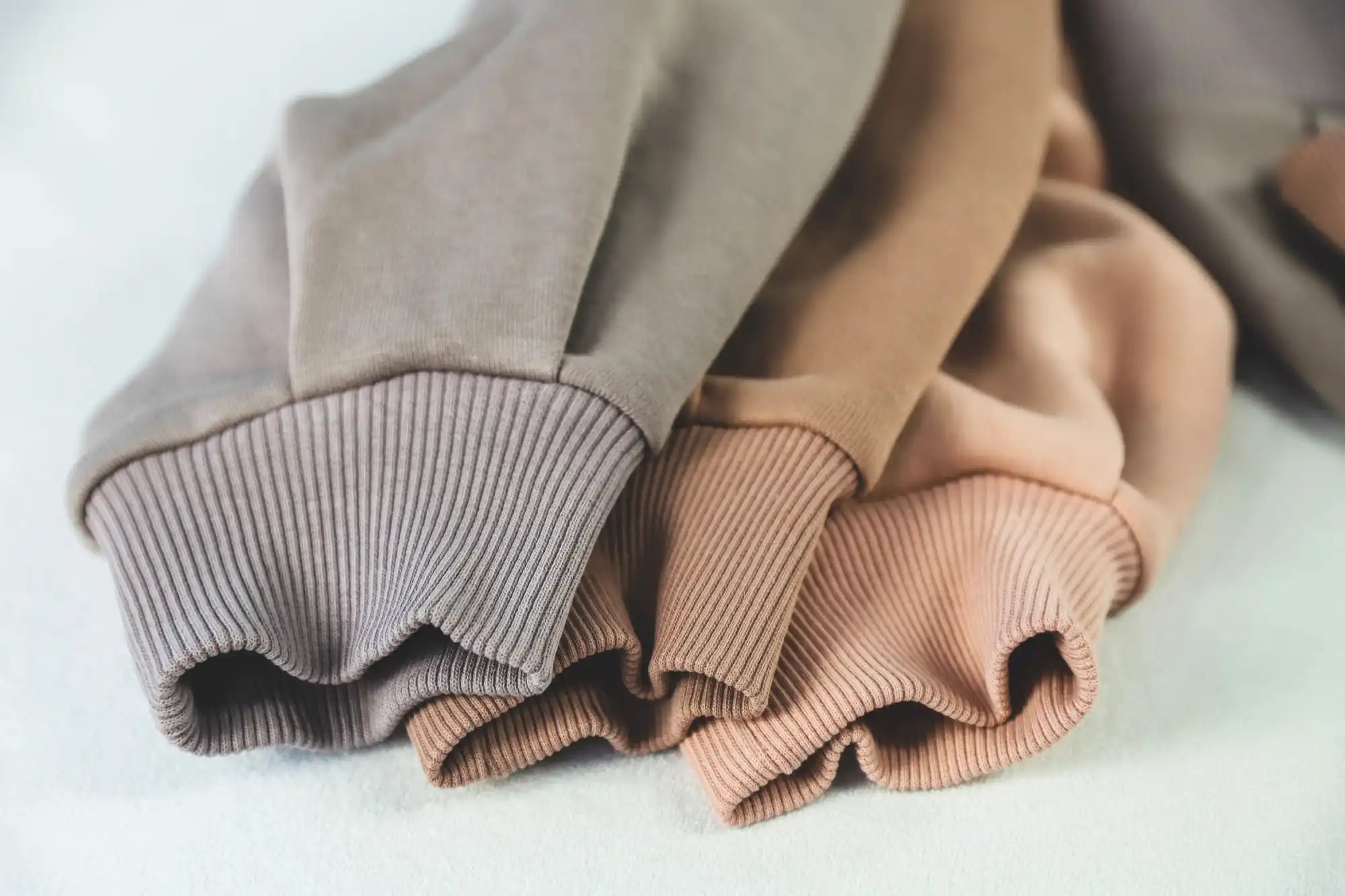
Materials & Fabrics for Clothing Production
Explore cotton, French terry, jersey, fleece, and sustainable blends used in premium apparel manufacturing.
Explore Premium Apparel Fabrics Guide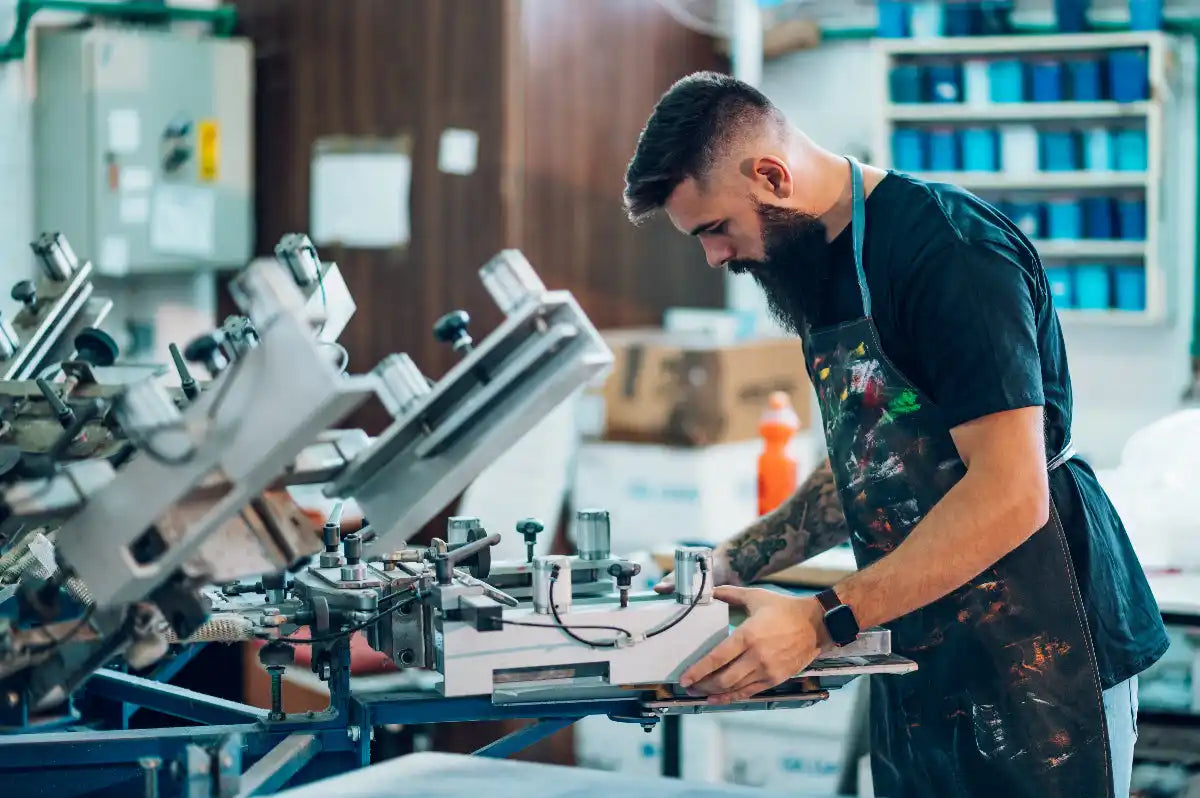
Printing Techniques for Apparel Production
Screen printing, embroidery, puff prints, and digital methods for custom clothing manufacturing.
Explore Custom Apparel Printing Techniques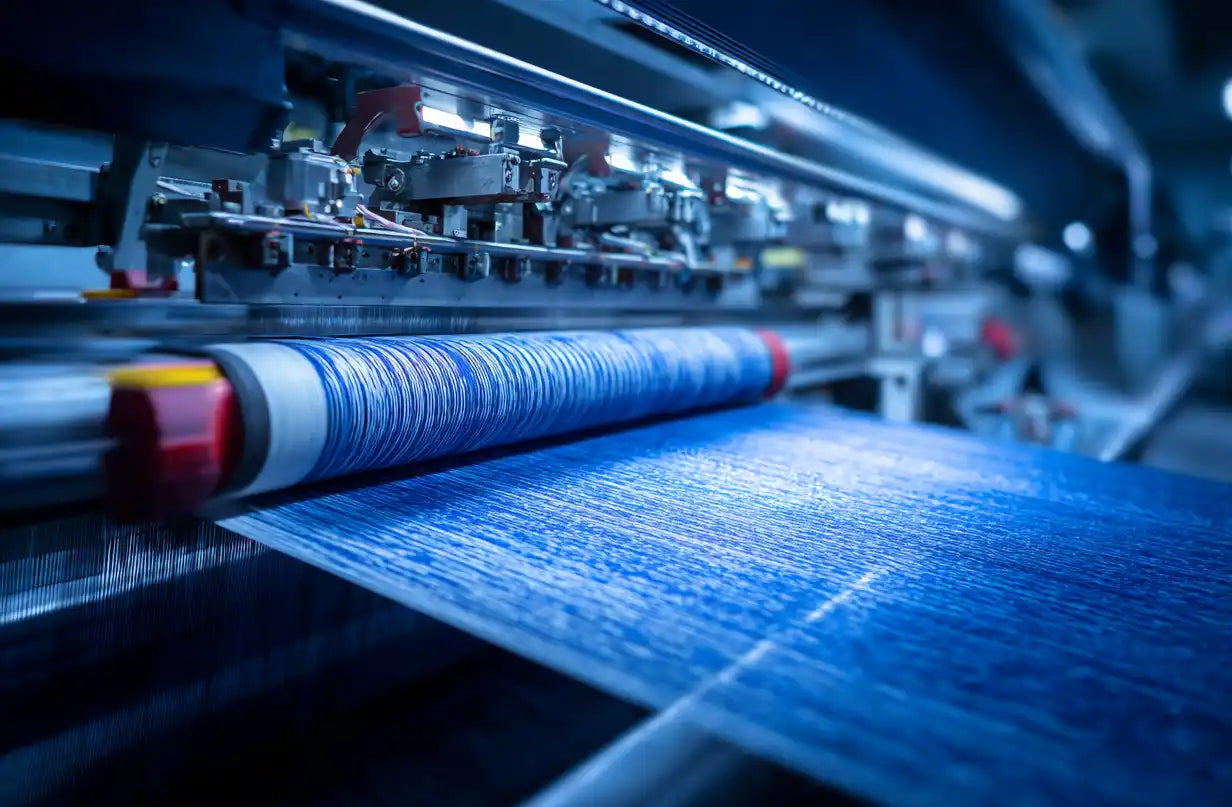
Dyeing Techniques in Clothing Manufacturing
Garment dye, pigment, acid wash, and stone wash finishes that create unique apparel designs.
Compare Apparel Finishing Techniques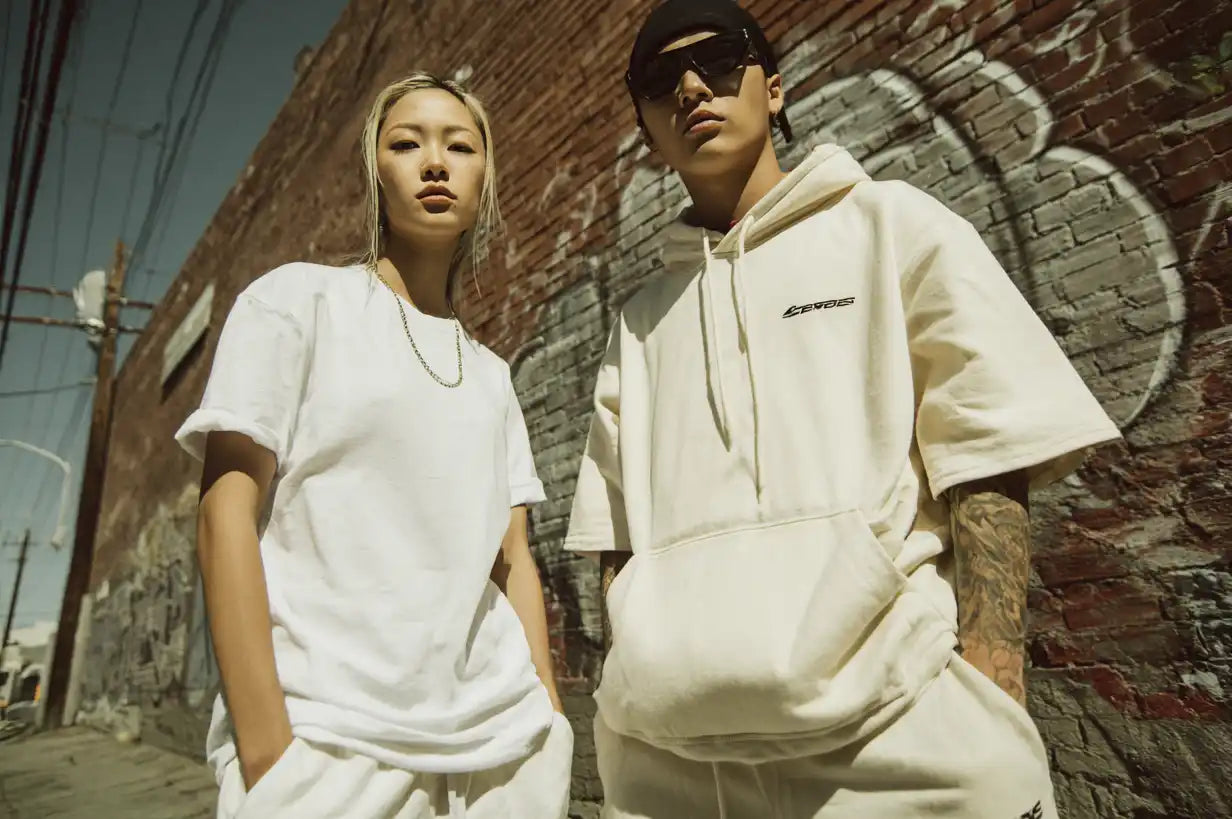
Popular Clothing Items for Custom Apparel
Hoodies, joggers, t-shirts, leggings, and biker shorts — essentials for every apparel collection.
Explore Popular Custom Clothing Items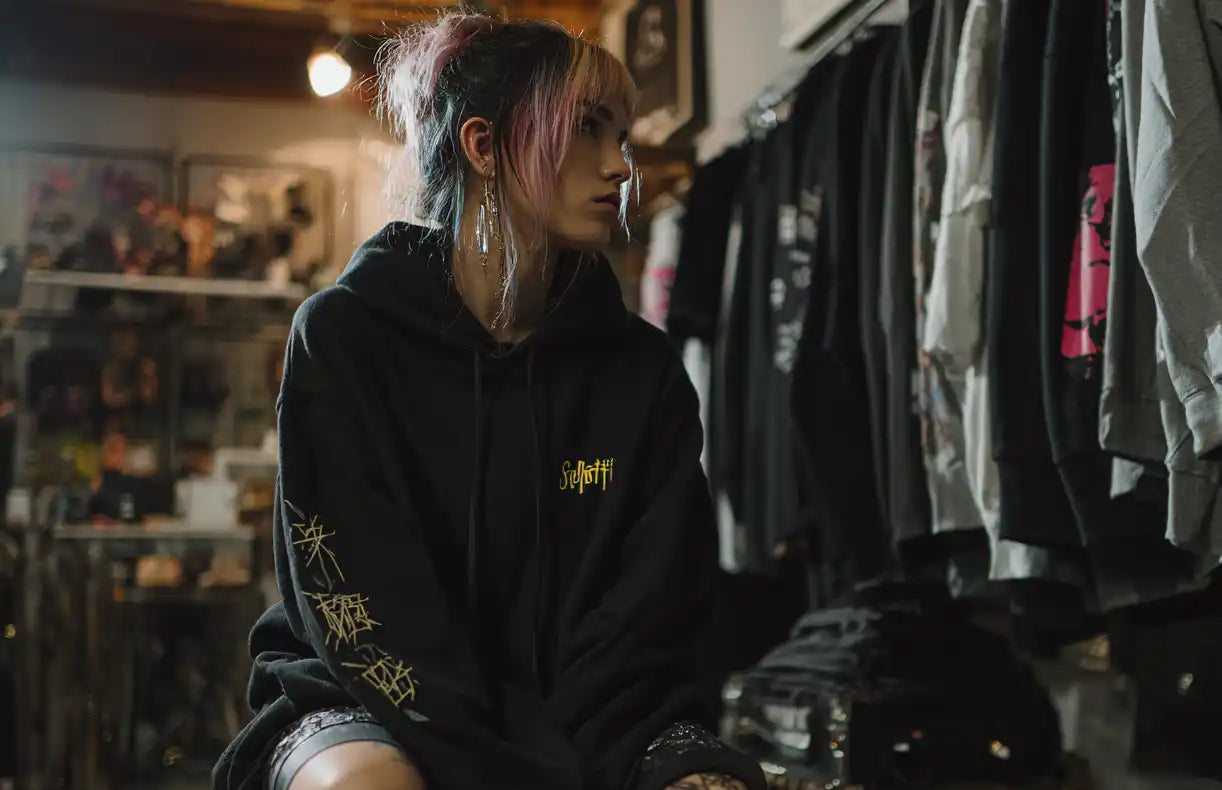
Trends & Designs in Modern Apparel
Oversized fits, streetwear influences, and activewear styles driving custom clothing production.
Explore Trends & Designs for Apparel Development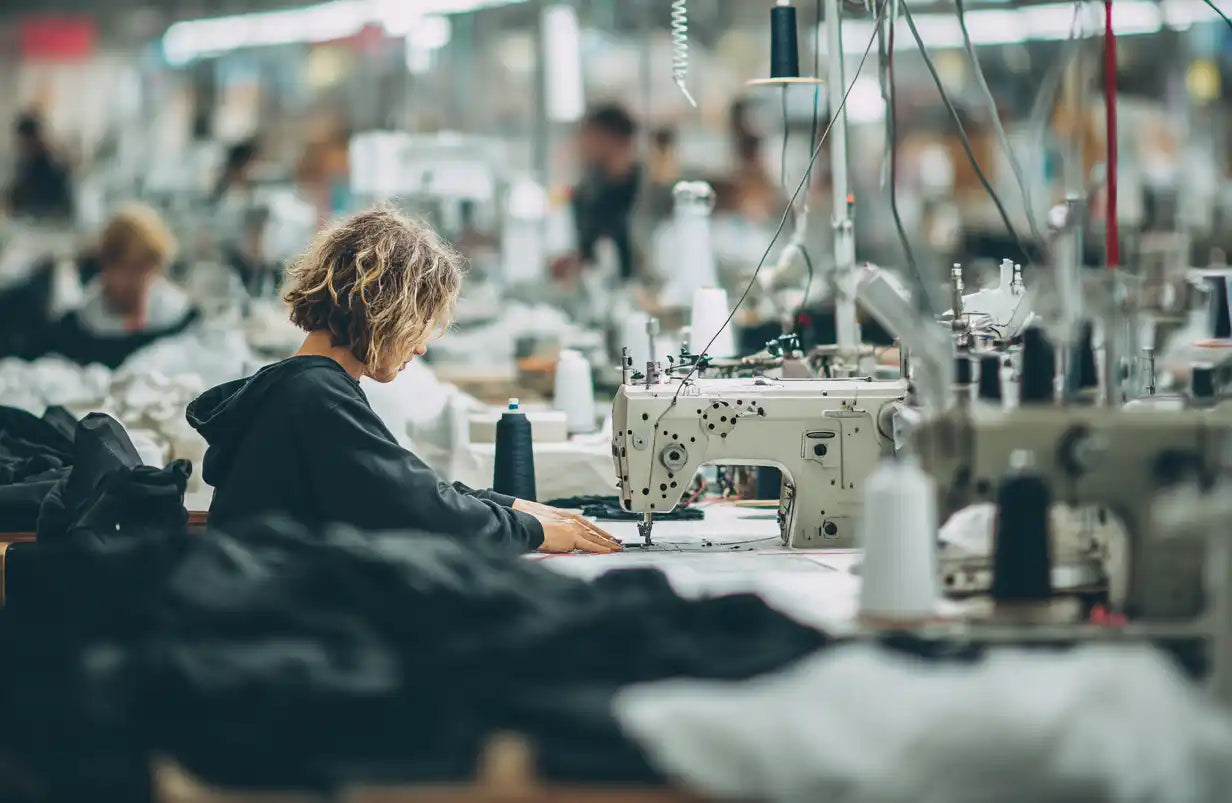
Sustainable & Ethical Clothing Production
OEKO-TEX® certified fabrics, organic cotton, and ethical apparel manufacturing in Portugal.
Understand Sustainable & Ethical Clothing Production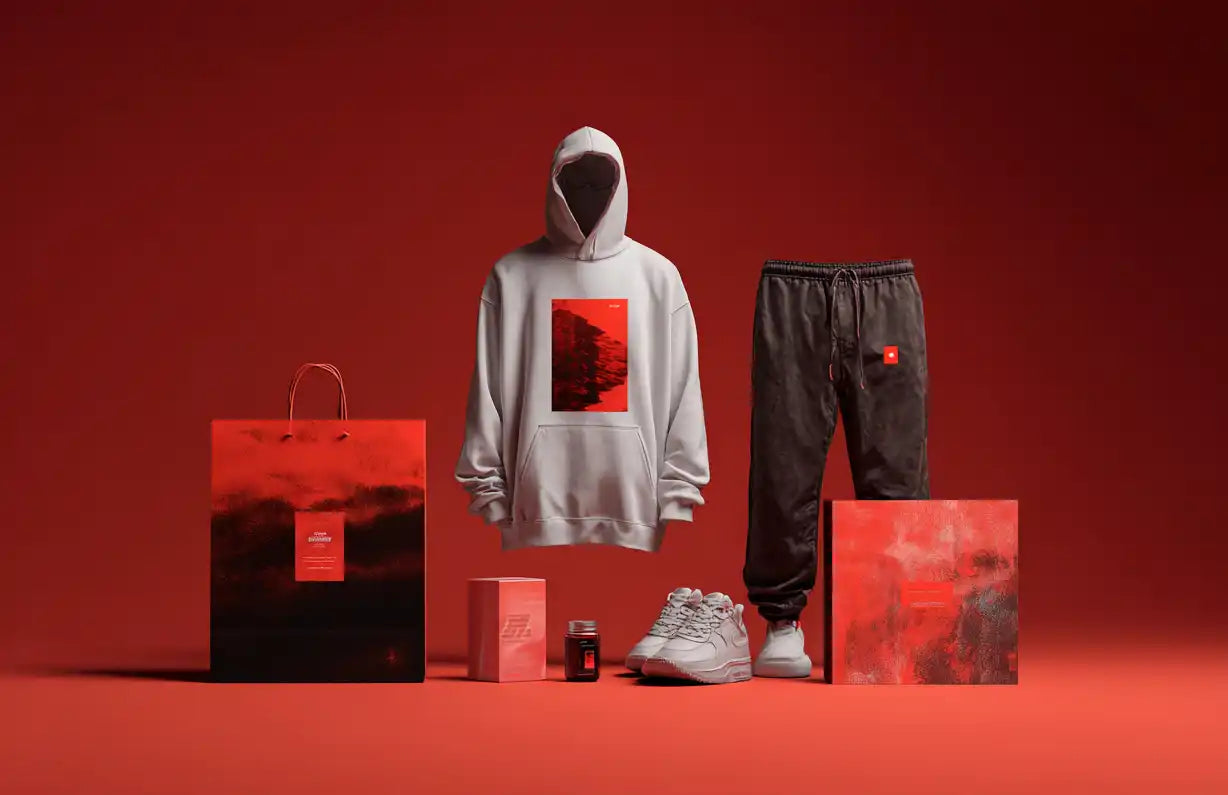
Essentials for Custom Clothing Production
Custom labels, packaging, and trims that elevate your apparel brand in production.
Explore Essentials for Custom Clothing Production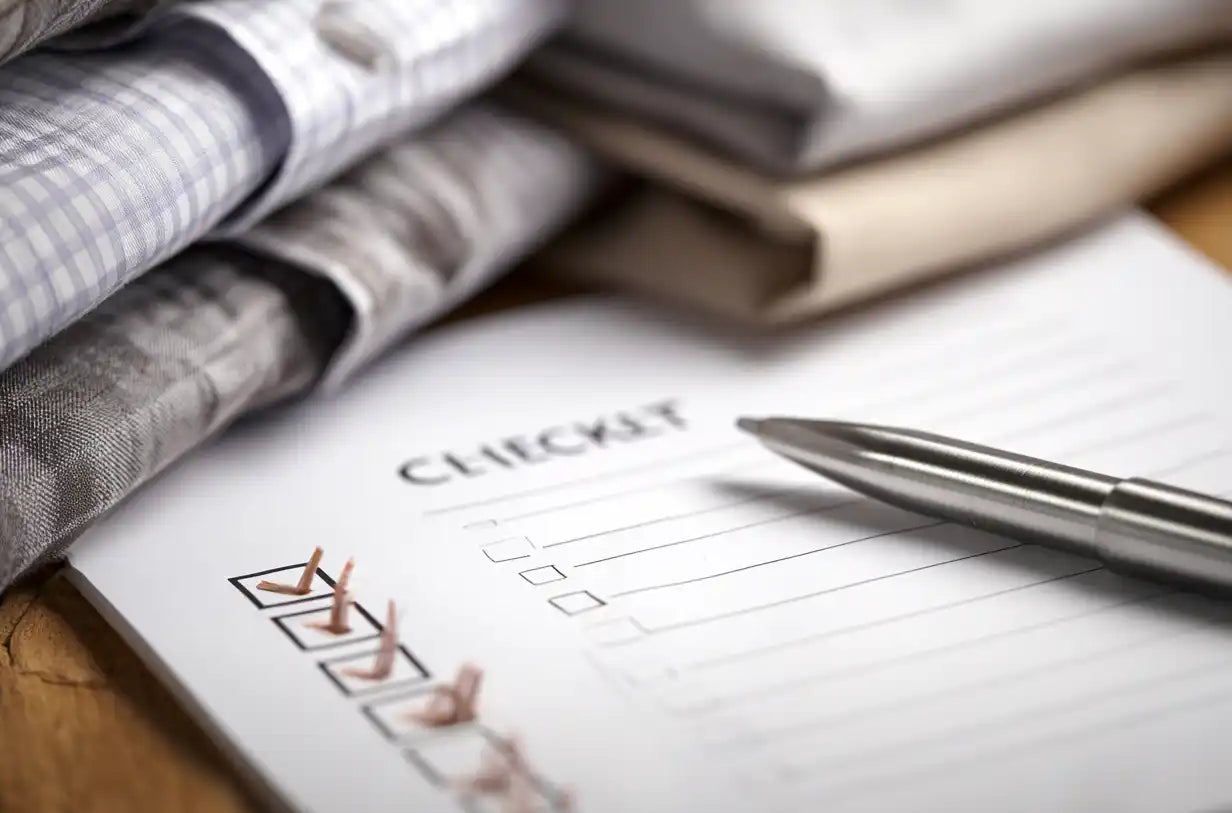
Resources for Custom Clothing Production
Startup guides, logistics support, and scaling strategies for apparel brands and wholesale clients.
Explore Resources for Custom Clothing Production
Clothing Manufacturing Glossary
Explore a complete glossary of clothing and garment manufacturing terms
The Complete Clothing Manufacturing Glossary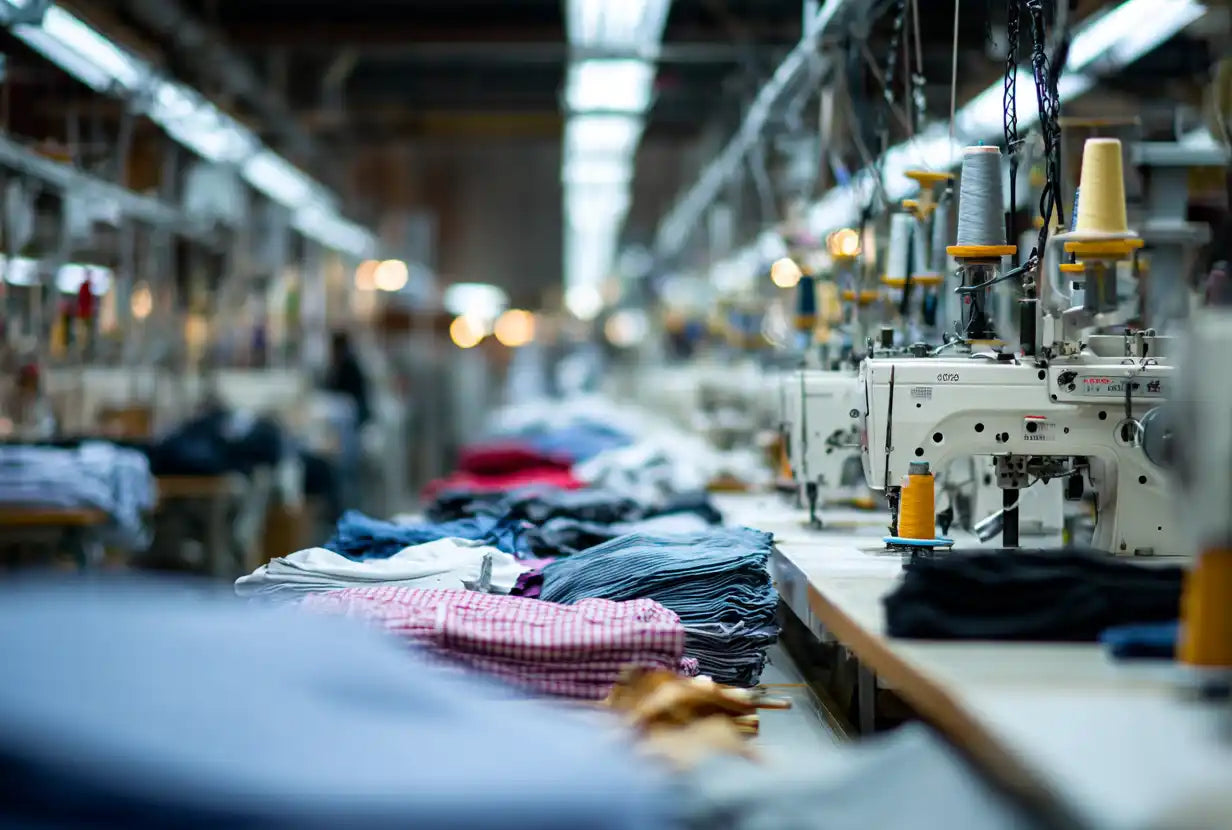
The Best Clothing Manufacturers
Explore global clothing manufacturers by country
Explore The Best Clothing Manufacturers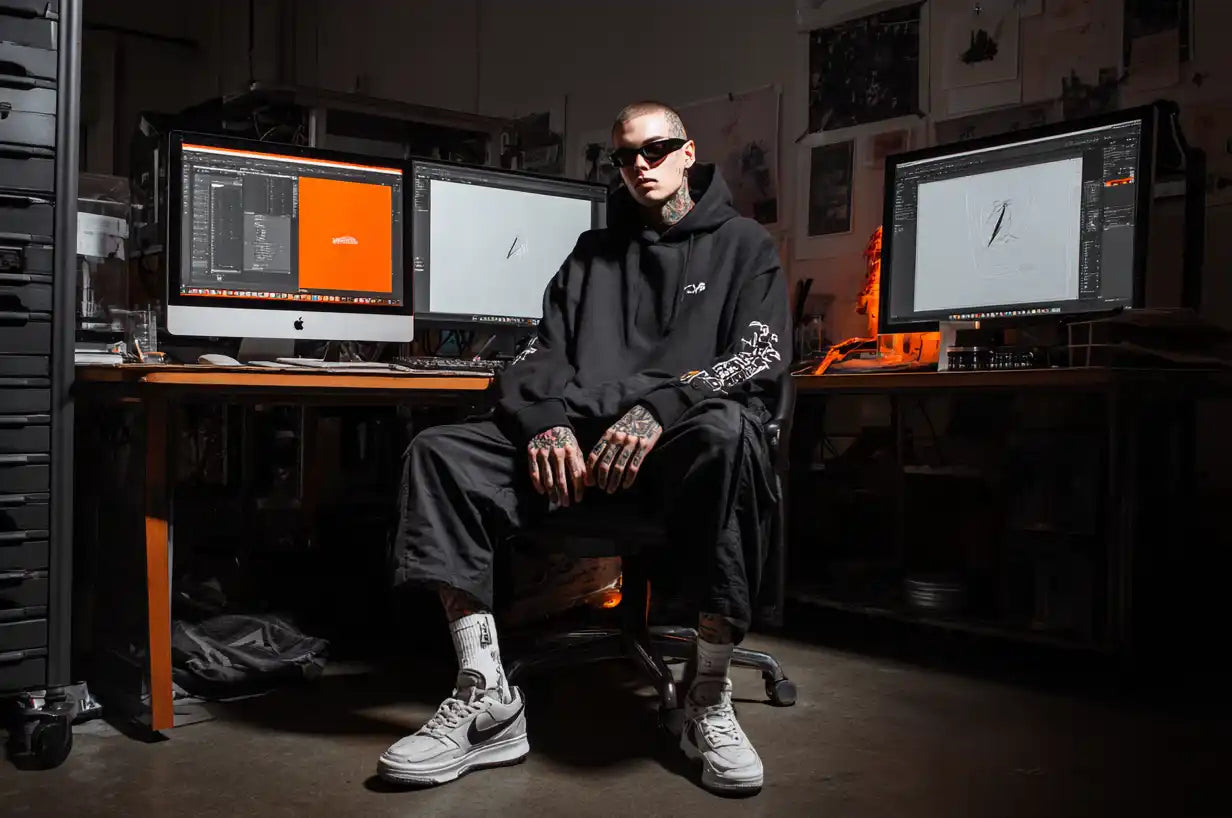
The Latest Clothing Industry Updates in 2025
Discover the latest news about important topics in the clothing industry in 2025,
Stay On Top Of Clothing Industry Updates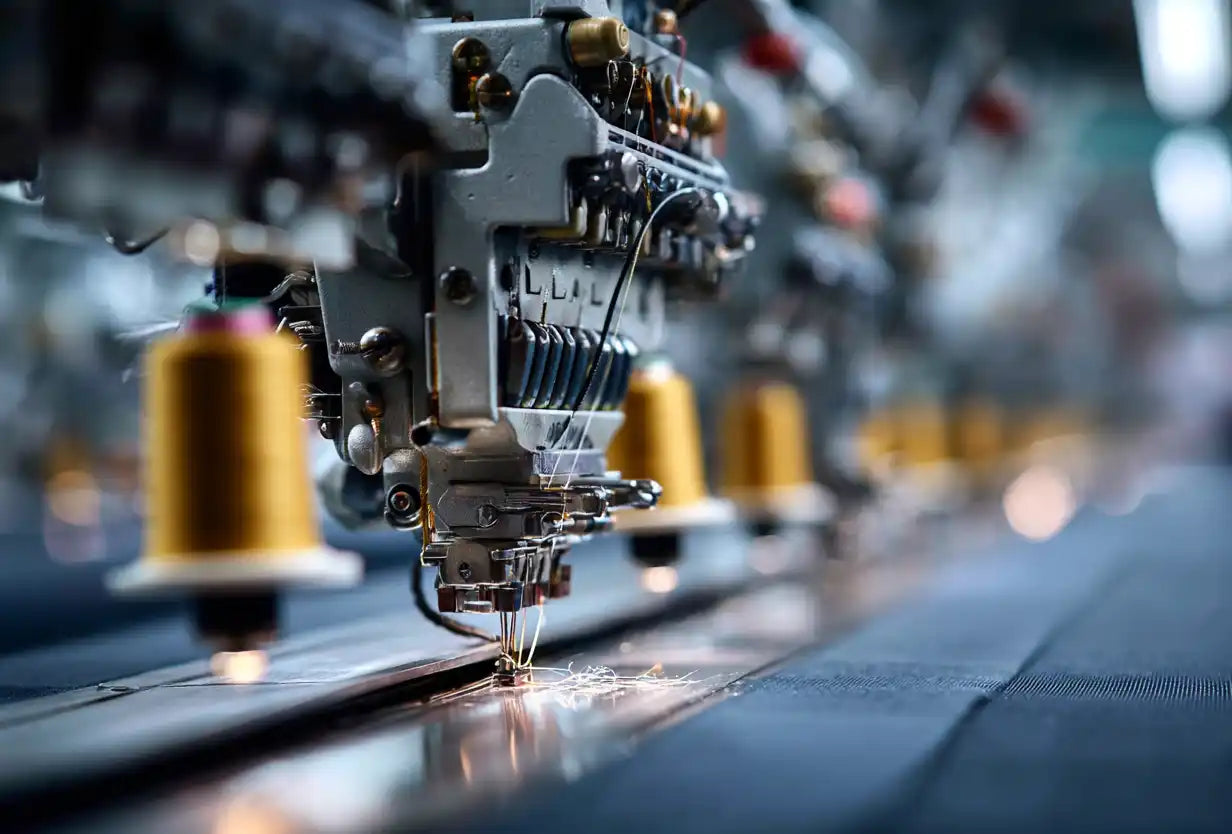
Worldwide Best Manufacturers of Clothes in 2026
Top clothing manufacturers worldwide organized by product type
Find The Worldwide Best Manufacturers of Clothes